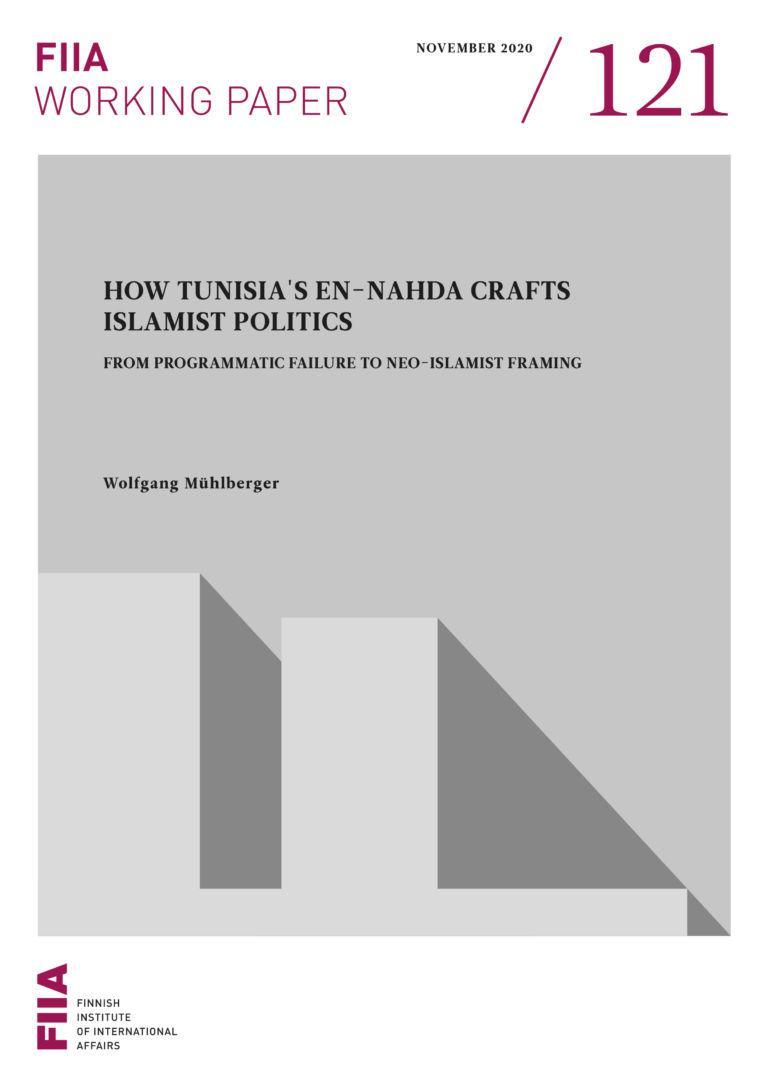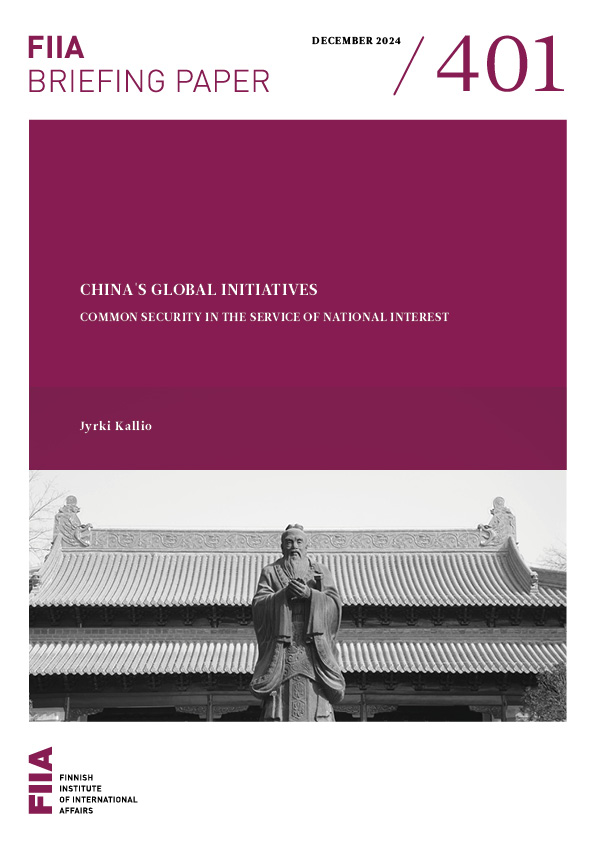It is time to come to terms with the inevitable fact that the Taliban is here to stay for the foreseeable future. The international community must not abandon ordinary Afghans and resign them to a bleak future with hard-line Islamists in power.
A new era has begun in Afghanistan’s history. The Taliban – one of the original targets of the War on Terror – captured Kabul on 15 August, and the government collapsed after President Ashraf Ghani and his advisors fled. To the great surprise of the Afghan government, the US, its allies and most analysts, the Taliban advanced to Kabul just ten days after first capturing the town of Zaranj near the Iranian border.
Many districts and several provincial capitals were abandoned without a fight. Thousands of Afghan soldiers and police officers surrendered to the Taliban. The Afghan military over-relied on the small air force, commandos and special forces to stave off the militants. These forces were effectively ground down. Conversely, although fewer in number, the Taliban forces had strong internal cohesion, were highly motivated, and took and sustained the military initiative, forcing the Afghan army and police to comply with their moves and essentially lose the strategic and tactical edge.
Although the rise of the Taliban is disconcerting for many people, it should be noted that the Kabul government was able to reach only a limited constituency. Despite being democratically elected, it did not have much legitimacy and political clout beyond the towns and cities that stood to lose from the ascendant Taliban. Besides this, there were a number of strongmen-cum-warlords in the provinces with their own agendas. Although some expressed formal support for the government in the fight against the Taliban, they were in fact more interested in protecting and maintaining their own fiefdoms.
Since the Kabul government was a fragile balancing act between many players and interests, it was hardly capable of delivering governance, services and security to the population at large. Furthermore, it was plagued by corruption and mismanagement, undermining any efforts by the security forces in the fight against a tireless foe waging war against what it regarded as an American-installed puppet government.
It is time to come to terms with the inevitable fact that the Taliban are here to stay for the foreseeable future. There is no credible opposition within the country as all the strongmen-cum-warlords that could have challenged them have have scattered for the most part, although some reports are emerging that the former vice president, Amrullah Saleh, is hiding in the Panjshir Valley.
Moreover, it is not only about whether a counterforce exists to challenge the Taliban or not. They have become part and parcel of the Afghan social fabric, especially in the Pashtun heartlands of southern and eastern Afghanistan. Their ideology is a combination of an anti-modernist worldview, a conservative rural Pashtun way of life, and a traditionalist interpretation of Islam. Although they wage jihad against what they deem to be infidel forces and ideology, they do not necessarily espouse or engage in global jihadism – at least for now.
The promise to keep Al-Qaida at bay was one of the main points of the US-Taliban Doha deal. If or how this promise will be kept remains to be seen, as the connections between the Taliban, particularly the Haqqani network, and Al-Qaida are strong and there are a number of Al-Qaida cells in Afghanistan.
For civilians in areas that the Taliban have controlled for a number of years, life has continued along traditional lines, although the Taliban do impose their strict interpretation of sharia and customary law in matters of governance and justice. In many places, such as schools and clinics, service provision did function under Taliban supervision and girls were also allowed to attend school. The situation has, however, varied from place to place. At the same time, there were many communities in the country that did not benefit from development, despite the billions in aid poured into the country while the Western-installed and Western-supported governments were in power.
Years ago, the author met the former Taliban foreign minister, Ahmad Mutawakil. Our conversation turned to Taliban notions of human rights. Using a metaphor he said: ‘When a car’s engine is broken, an air conditioner is a luxury’. One interpretation is that in times of turmoil the focus should be on survival, and the time for social improvement will come in due course.
Reports are coming in from Taliban-held areas that security is – generally speaking – good; at least there are no rampaging bandits robbing and raping people, and nor are civilians being caught in the cross-fire between Taliban fighters and Afghan security forces. A calm of sorts has descended in Afghanistan. How long this will last is an open question.
The choice for the international community is between Scylla and Charybdis, between bad and worse. In this case, the Taliban represent a bad choice. However, the prospect of endless violence and civilian suffering with an inept and corrupt Kabul government prolonging the futile fight with external support could have been even worse, especially if the situation had descended into an all-out civil war between the government, strongmen-cum-warlords, the Taliban, and other jihadist groups such as ISIS affiliate Islamic State Khorasan Province operating on Afghan soil.
The Taliban leadership have indicated that they are ready to work with the international community and have even invited international organizations and embassies to remain. It remains to be seen what will happen in practice. At the end of the day when all is said and done, is finding a way to work with the Islamic Emirate, now that they are in power, beyond the pale? There are no easy answers. Nevertheless, the international community must not abandon ordinary Afghans and resign them to a bleak future with hard-line Islamists in power.






